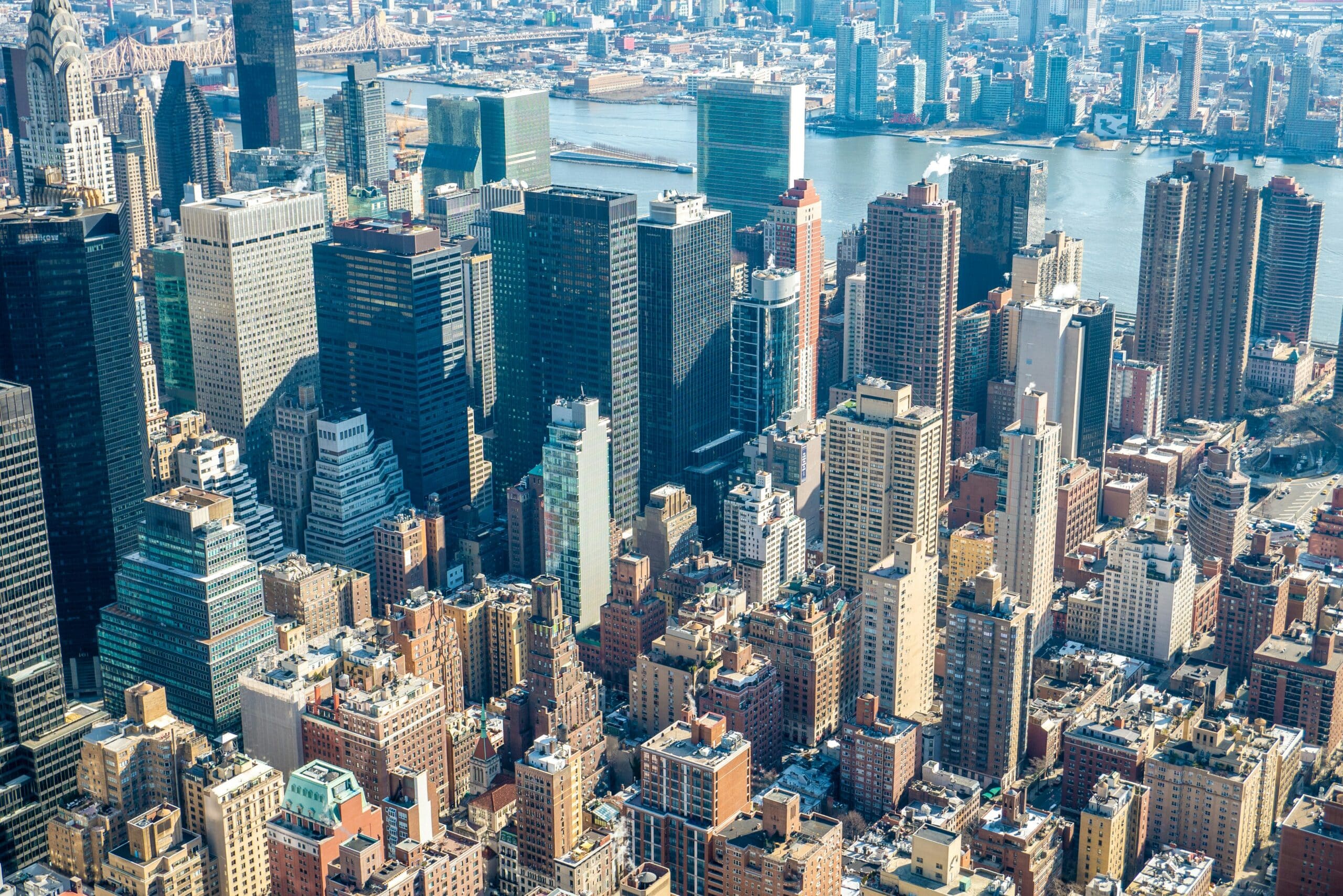Yorkshire, England’s largest historic county, is renowned for its picturesque dales and charming villages, but it also boasts a remarkable industrial past. As the heart of Britain’s Industrial Revolution, Yorkshire was home to innovations and industries that shaped the modern world. From steel production to coal mining, this region’s contributions are etched into history. Let’s dive into Yorkshire’s industrial heritage and uncover the towns and stories that defined an era.
The Rise of Steel and the Legacy of Sheffield
Sheffield, known as the “Steel City,” played a pivotal role in revolutionizing the steel industry during the 19th century. Its innovative techniques, like crucible steel production and later stainless steel invention, made it a global leader in metalworking. Today, the legacy of this industrial powerhouse is celebrated at the Kelham Island Museum.
The museum offers visitors a glimpse into Sheffield’s industrious past with exhibits featuring working steam engines and cutlery workshops. It also highlights the city’s impact on global manufacturing. A walk through the city reveals remnants of its industrial roots, from historic factories to the River Don, which powered much of its early industry.
Sheffield’s transformation into a modern hub for culture and technology demonstrates its resilience and ability to evolve while honoring its heritage. The blend of old and new makes it a must-visit destination for anyone interested in industrial history.
Mining: The Backbone of Yorkshire’s Economy
Coal mining was the lifeblood of many Yorkshire communities, fueling factories, railways, and homes throughout the Industrial Revolution. Towns like Barnsley and Wakefield became synonymous with coal production, with extensive pits and vibrant mining communities. While the mines have since closed, their legacy lives on in museums and monuments.
The National Coal Mining Museum for England, located near Wakefield, offers an immersive experience that takes visitors underground to understand the challenges miners face. It also explores the social and cultural impact of mining on the region, from union strikes to community resilience.
Equally significant was Yorkshire’s role in ironstone mining, particularly in Cleveland. This mineral was crucial for steel production, bridging Yorkshire’s industries together. While Middlesbrough played a significant role in Yorkshire’s industrial revolution, the county’s rich history also includes mining, textiles, and steel production in other towns.
Textiles: Weaving a Legacy
Yorkshire’s industrial success wasn’t confined to metals and mining; the textile industry was another cornerstone of its economy. Towns like Leeds, Bradford, and Huddersfield became textile manufacturing powerhouses known for producing wool and cloth that were exported worldwide.
Bradford, often called the “Wool Capital of the World,” led the charge, with mills such as Lister’s Mill showcasing the scale of production. Today, the city celebrates this heritage through the Bradford Industrial Museum, which features working looms and exhibits on the city’s Victorian-era textile boom.
In Huddersfield, the focus on fine wool textiles led to advancements in cloth manufacturing. The town remains a leader in textile production today, blending centuries-old techniques with modern innovation. Visitors can explore the heritage trail in Leeds, where historic warehouses and the Leeds Industrial Museum at Armley Mills paint a vivid picture of the textile industry’s heyday.
Yorkshire’s industrial heritage is a testament to the ingenuity and resilience of its people. From the roaring forges of Sheffield to the bustling mills of Bradford and the coal pits that powered an empire, each town has its own story to tell. Whether you’re exploring historic sites or learning about the lives of workers, Yorkshire’s past offers a rich tapestry of innovation and industry that continues to inspire today.
Published by: Khy Talara







